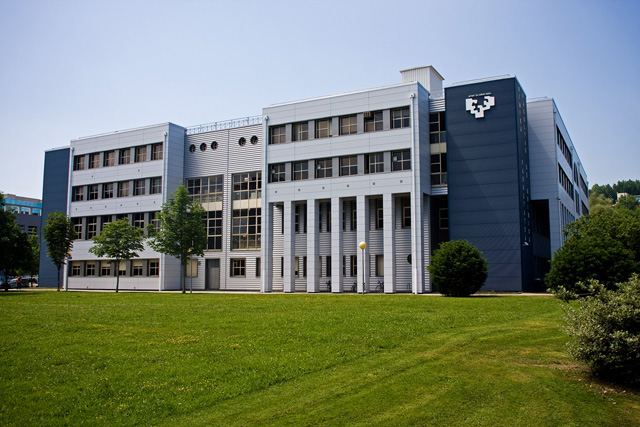Участие в международном воркшопе
Ведущий научный сотрудник Института анализа предприятий и рынков, Голикова Виктория Владимировна выступила с докладом на 13th Workshop on family firm management research, который прошел 25-27 мая 2017 года в University of the Basque Country (Бильбао, Испания).

В этом году темой воркшопа стал творческий подход в семейном бизнесе – «Creativity and and Family Businesses».
Как показывают исследования, креативность – это уникальная возможность повысить конкурентоспособность компании. Новая идея, услуга или продукт, творчески реализованные, имеют больше шансов на успех, нежели сугубо утилитарные концепты.
Что касается, семейных фирм и предприятий, то, по мнению ученых, они служат ярким примером того, как креативные решения, внедряемые в производственный процесс, помогают улучшить качество продукта и позволяют более эффективно продвигать его на рынке, создавая тем самым конкурентную среду.
В рамках одной из панелей воркшопа Виктория Владимировна представила свой доклад «Innovation performance of family firms in comparative perspective: the role of regional corruption in Europe and Russia». Работа была подготовлена в соавторстве с Борисом Кузницовым (НИУ ВШЭ) и Фернандой Рикотта (Университет Калабрия).
Аннотация: We study the role of institutional deficiencies, i.e. corruption, in affecting the innovative performance of family firms versus non-family businesses in 7 European countries and Russia that represent two large geographical areas with different history of institutional development. A comparative quantitative empirical analysis is based on the common self-identification of family firms and identical sample design of surveys implemented in EU in 2010 and in Russia in 2014, correspondingly. Keeping in mind the regional embeddedness of family firms (Stough et al, 2015) and a call for taking into account the heterogeneity of family firms in the variety of dimensions that may influence family firm behaviour and performance (Welter, 2011) the our analysis is extended at the regional level. By using an indicator of corruption for EU (Charron et al, 2014) and for Russian Federation (Petrov and Titkov, 2013) regions are classified in two groups: with high and low level of corruption. This division allow us to explore separately two subsamples of European and Russian firms, one located in regions with high level of corruption and the other, correspondingly, with low level of corruption.
Results show that the probability of family firms to innovate, either by the introduction of a new product or a new process, is higher than non-family firms in the case of the EU sample. For Russia, family firms perform better in terms of product innovation however only in the case of older firms. As far as the role of corruption at the regional level, Russian family firms appear to be more innovative in regions with low corruption while for European firms the results are mixed. However, when family management is considered, Russian and European older firms run by a family member perform better in terms of product innovation in regions with high level of corruption.
